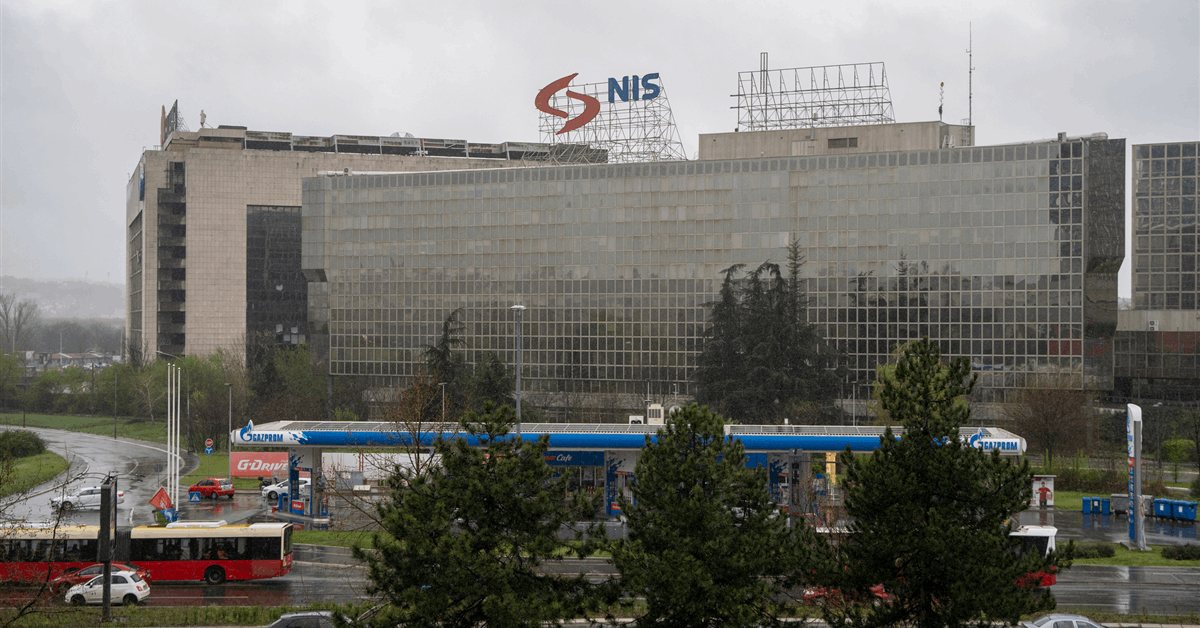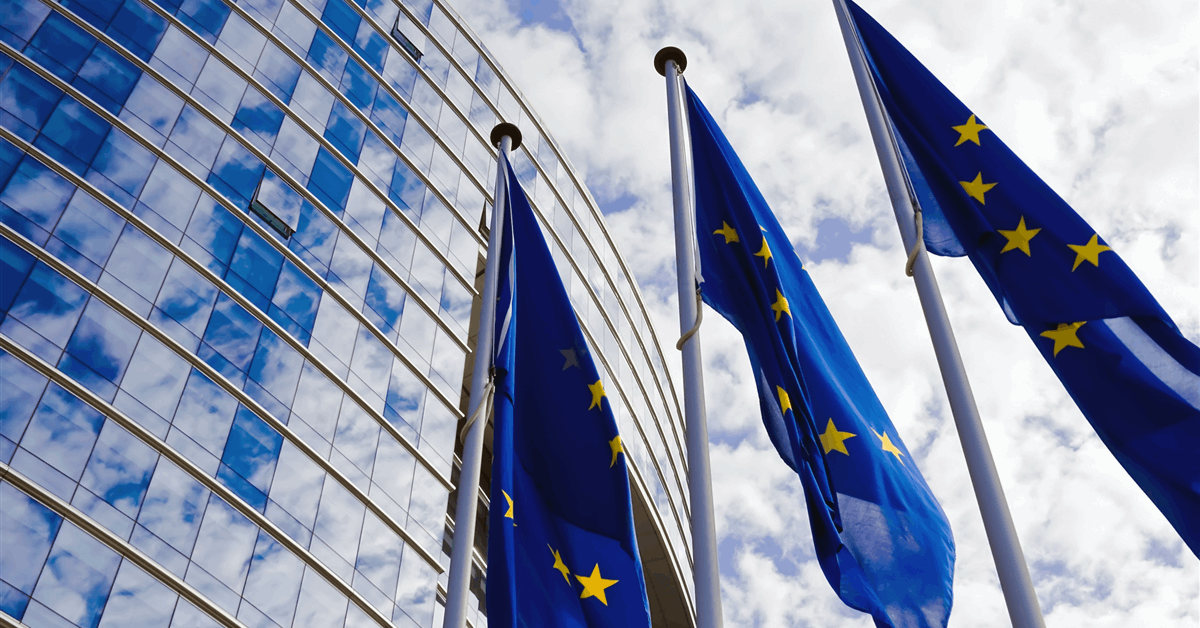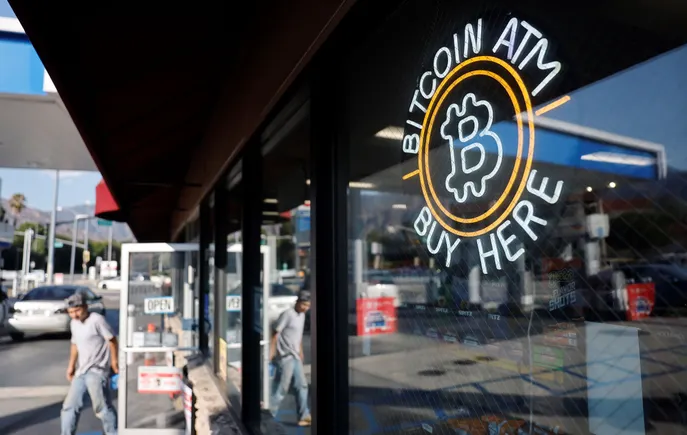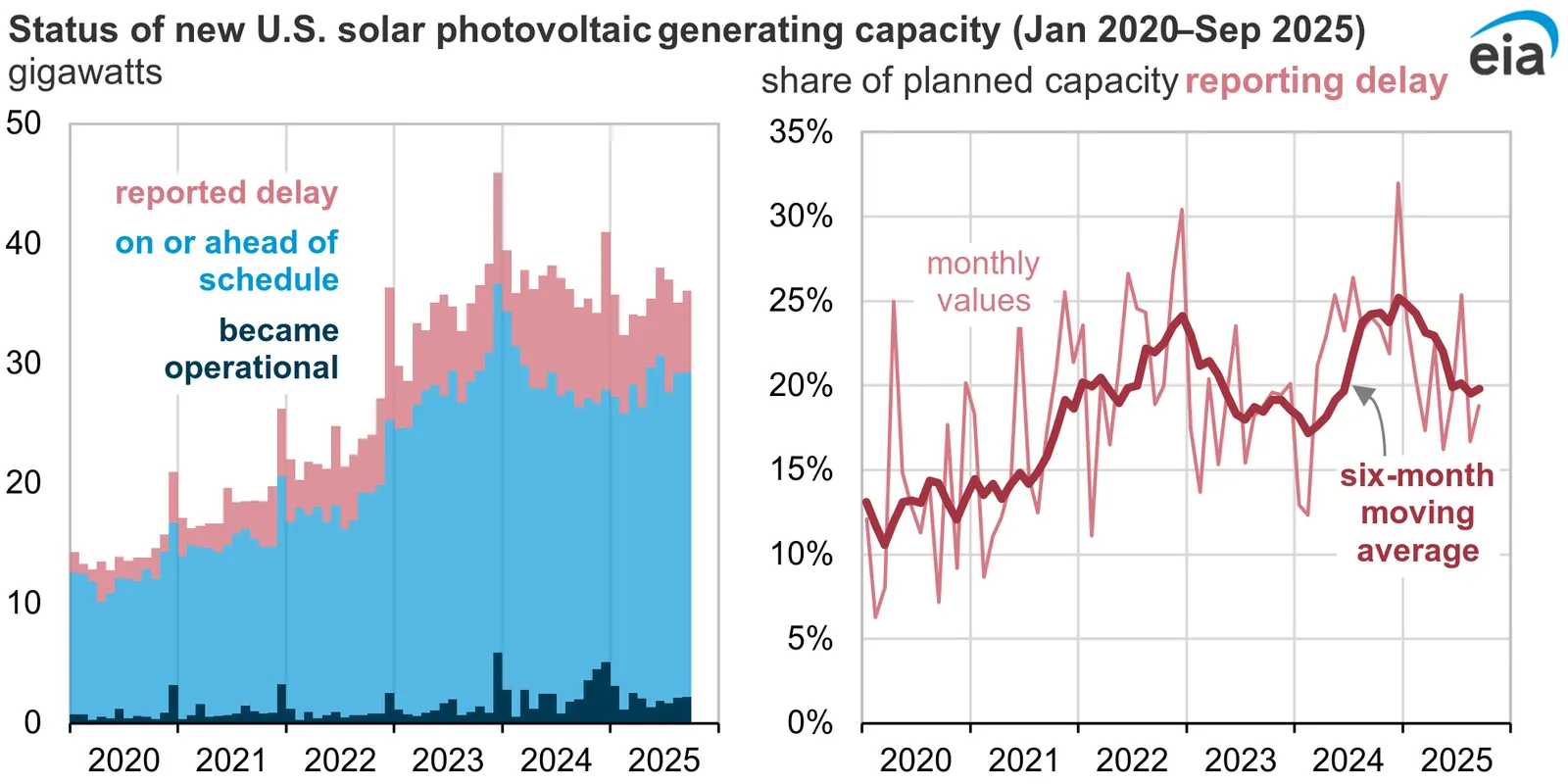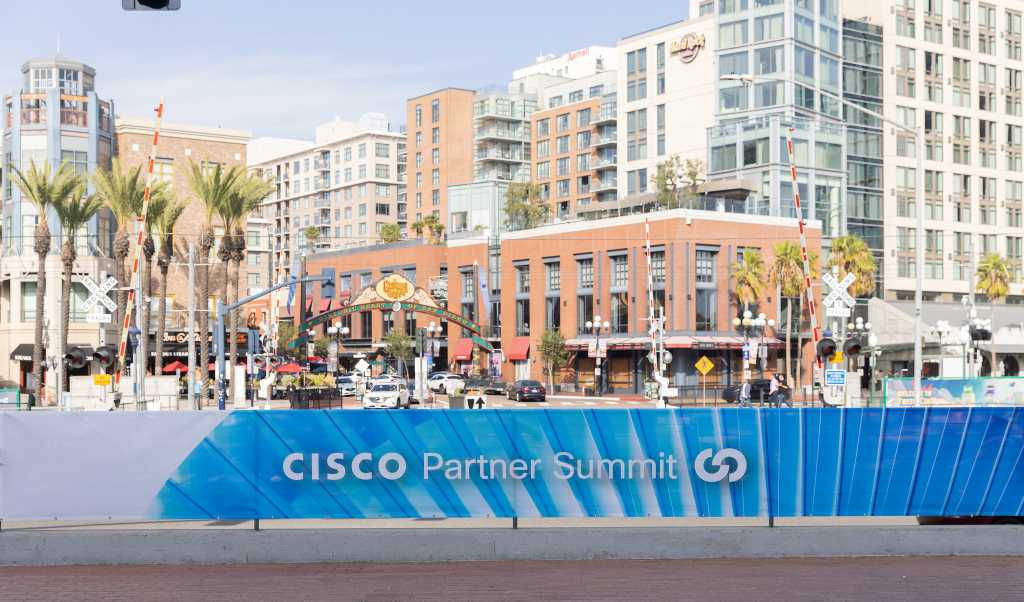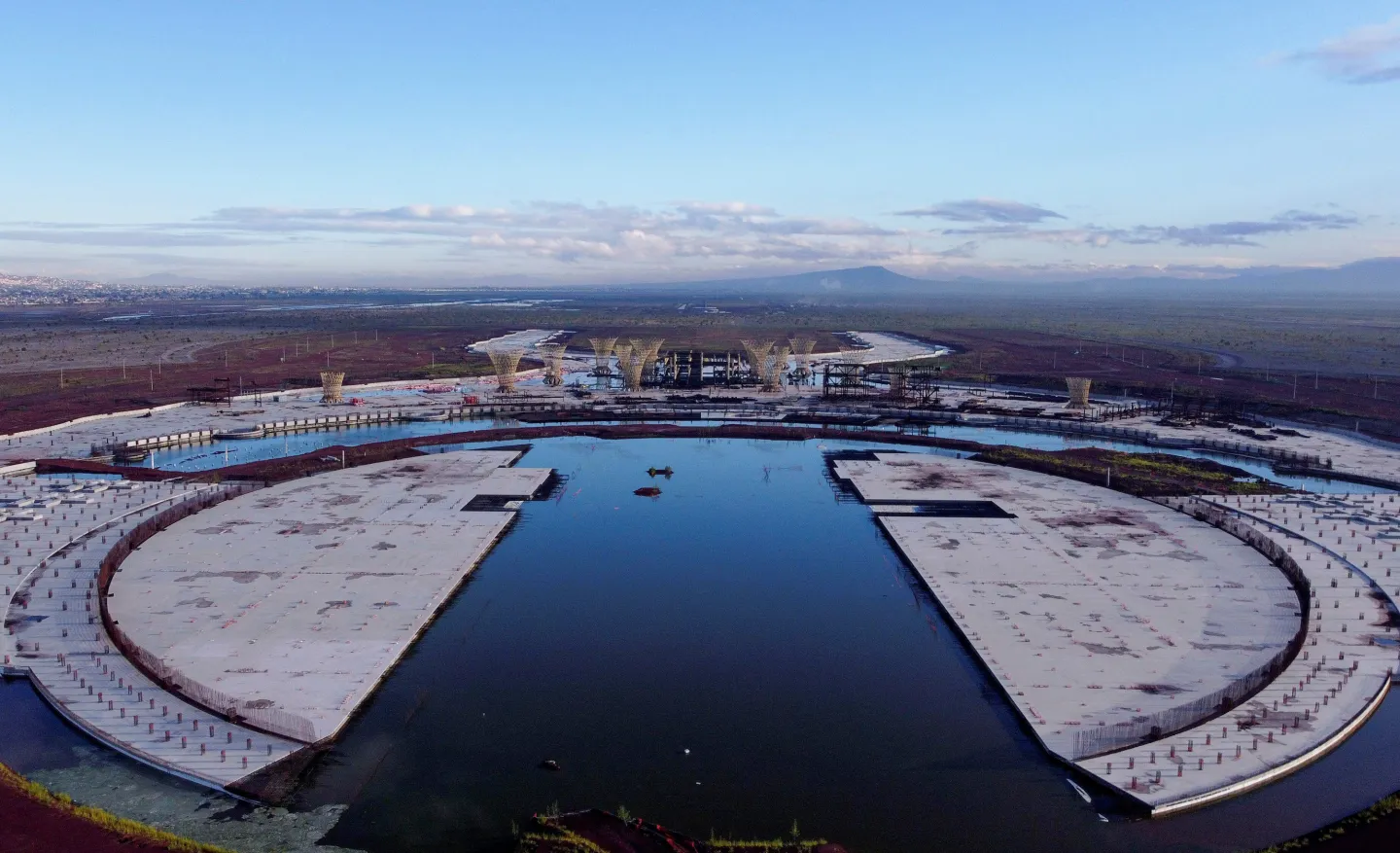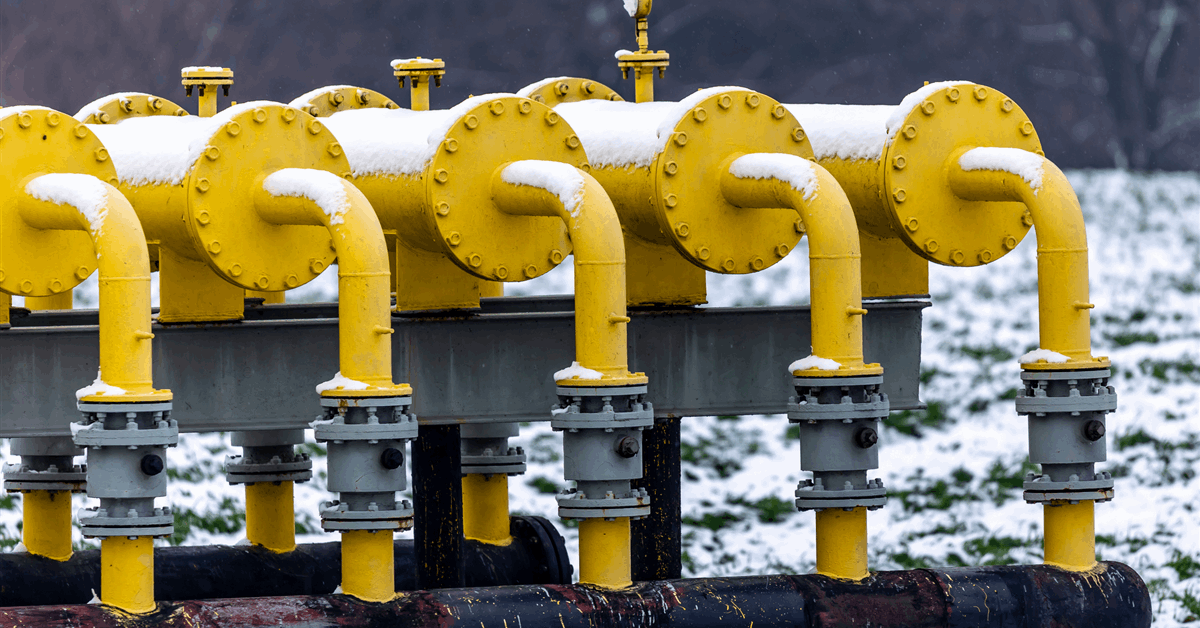
Greece’s state-owned DEPA Commercial SMSA on Sunday signed a letter of intent (LOI) to supply Ukraine an unspecified volume of liquefied natural gas (LNG) from the United States for the 2025-26 winter via Ukraine’s state-owned Naftogaz Group.
This follows Naftogaz’s agreement earlier this month with Atlantic-See LNG Trade SA, formed early November by DEPA and Aktor Group, for the importation of LNG from the U.S. into Ukraine and other European countries.
Naftogaz and Atlantic-See “agreed to jointly develop the supply of LNG from the U.S. to Europe and Ukraine through Greek LNG terminals and the Vertical Corridor”, Naftogaz said in a statement on its website November 7.
DEPA Commercial chief executive Konstantinos Xifaras said in an online statement Sunday about the LOI, “The supply of U.S. LNG will be facilitated through Atlantic-See, in which DEPA holds a 40 percent stake, underlining the company’s commitment to providing practical and secure energy solutions across Southeast Europe”.
DEPA Commercial said, “Under the framework of the prospective agreement, LNG volumes originating from the U.S. are expected to be transported through ‘Route 1’ [of the Vertical Corridor], offered jointly by the gas transmission system operators (TSOs) of Greece (DESFA), Bulgaria (Bulgartransgaz), Romania (Transgaz), Moldova (VestMoldTransgaz) and Ukraine (GTSOU)”.
Newly Proposed Gas Routes
Recently the TSOs requested their national regulators to approve more flows on the Vertical Corridor, a network of existing gas infrastructure allowing multidirectional flow across seven European countries, via two routes: Routes 2 and 3.
“TSOs request the regulators’ approval on the availability of Routes 2 and 3 until April 2026; and the possibility of simultaneous provision of Route 1, Route 2 and Route 3 special capacity products in competing auctions”, said a statement posted on DESFA’s website November 7, announcing a joint letter to regulators.
“All participating TSOs have agreed to apply significant discounts – ranging from 25 percent to 50 percent across their interconnection points, to encourage market use of the new capacity and facilitate diversified gas flows. The coordinated tariff reductions and the availability of multiple route options will help mitigate potential disruptions, support uninterrupted deliveries to Ukraine, and ensure the most efficient use of existing infrastructure across the region.
“The TSOs underline that as identified by the European Commission, the Trans-Balkan corridor, part of the Vertical Corridor, is a key component of the EU’s strategy to diversify gas transportation and phaseout reliance on Russian gas. Approving the availability of Routes 2 and 3 is directly in line with this strategy, as it leverages LNG and Caspian gas to reinforce long-term energy security and market integration”.
Route 2 would start at the Amfitriti interconnection point on the DESFA grid, cross the Greece-Bulgaria interconnector (ICGB) and continue through the Trans-Balkan corridor. Route 3 would originate at the ICGB pipeline’s interconnection point with TAP and continue through the same path, according to the statement.
“Faster approval of these additional products will significantly enhance the potential for LNG to reach Ukraine via Greek terminals, strengthening energy security and enabling traders to select the optimal supply routes based on their needs”, the statement said.
EIB Grant
On November 13 Naftogaz and the European Investment Bank (EIB) announced a grant of EUR 127 million ($147.3 million) for the procurement of gas for Ukraine, in addition to a EUR 300-milllion EIB loan to Naftogaz that was disbursed October for the same purpose.
The loans are guaranteed under the Ukraine Investment Framework, part of the European Union’s Ukraine Facility. The facility is a platform to mobilize up to EUR 50 billion – EUR 33 billion in loans and EUR 17 billion in grants – from 2024 to 2027, according to the European Council, which gave the final greenlight for the facility February 2024. The UIF aims to mobilize up to EUR 40 billion of investments for recovery, reconstruction and modernization, according to its implementer the European Commission.
To contact the author, email [email protected]
WHAT DO YOU THINK?
Generated by readers, the comments included herein do not reflect the views and opinions of Rigzone. All comments are subject to editorial review. Off-topic, inappropriate or insulting comments will be removed.
MORE FROM THIS AUTHOR





